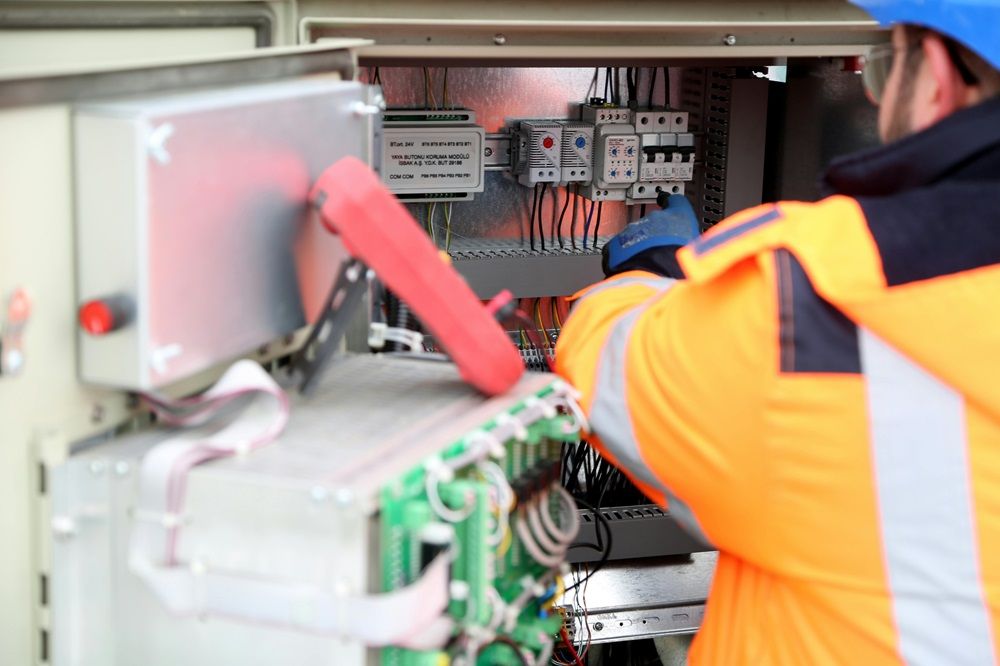Are you grappling with the complexities of electrical engineering and wondering how to navigate its numerous challenges? Electrical engineering is a dynamic field with a range of obstacles that professionals encounter. From technological advancements to regulatory changes, understanding and overcoming these challenges is crucial for success in this industry. This article delves into some common challenges in electrical engineering and offers practical solutions to help you tackle them effectively. Register as a Job Seeker on Job Mail.
 Photo by Fatih Yurtman on Pexels
Photo by Fatih Yurtman on Pexels
Common Challenges in Electrical Engineering and How to Overcome Them
1. Rapid Technological Changes
One of the most significant challenges in electrical engineering is keeping pace with rapid technological advancements. New technologies and tools are continually being developed, which can make it difficult to stay current with the latest trends and best practices.
Solution: To overcome this challenge, ongoing education and professional development are essential. Engaging in continuous learning through workshops, certifications, and online courses can help engineers stay updated with the latest technologies. Additionally, subscribing to industry journals and participating in professional organisations can provide valuable insights and networking opportunities.
2. Complexity of Modern Systems
The complexity of modern electrical systems, including power grids and integrated circuits, presents another significant challenge. Designing, maintaining, and troubleshooting these systems requires a high level of expertise and precision.
Solution: Engineers can address this challenge by adopting a systematic approach to problem-solving and utilising advanced simulation tools. Emphasizing thorough training and gaining hands-on experience with complex systems can also improve proficiency. Collaborative efforts and knowledge-sharing within teams can further enhance problem-solving capabilities.
3. Regulatory Compliance and Standards
Electrical engineering projects must adhere to various regulatory standards and codes. Navigating these regulations can be daunting, especially when working on international projects with different standards.
Solution: Staying informed about relevant regulations and standards is crucial. Engineers should familiarise themselves with local and international codes and guidelines applicable to their projects. Engaging with regulatory bodies and seeking legal advice when necessary can also ensure compliance and prevent costly errors.
4. Safety Concerns
Ensuring safety in electrical engineering is paramount, as it involves working with high-voltage systems and potentially hazardous materials. Safety lapses can lead to accidents and costly damage.
Solution: Implementing strict safety protocols and conducting regular safety training sessions are essential. Engineers should follow established safety guidelines and use appropriate personal protective equipment (PPE). Regular safety audits and risk assessments can help identify potential hazards and mitigate risks effectively.
 Photo by Roman Castillo on Pexels
Photo by Roman Castillo on Pexels
5. Project Management Challenges
These projects often involve complex logistics, including budgeting, scheduling, and resource management. Effective project management is crucial to ensure timely and successful project completion.
Solution: Utilising project management software and tools can streamline project planning and execution. Engineers should develop strong organisational and communication skills to coordinate with team members and stakeholders. Establishing clear project goals, timelines, and budgets can also enhance project management efficiency.
6. Integration of Emerging Technologies
The integration of emerging technologies, such as renewable energy systems and smart grids, introduces new challenges in this industry. Adapting existing systems to accommodate these technologies can be complex and resource-intensive.
Solution: Engineers should stay informed about emerging technologies and assess their potential impact on existing systems. Collaborating with experts and investing in research and development can facilitate the integration of new technologies. Pilot projects and phased implementations can help manage the transition process effectively.
7. Managing High Workload and Stress
Electrical engineers often face high workloads and tight deadlines, which can lead to stress and burnout. Balancing multiple projects and responsibilities can be overwhelming.
Solution: Time management and prioritisation are key to managing a heavy workload. Engineers should set realistic deadlines and break projects into manageable tasks. Seeking support from colleagues and supervisors and maintaining a healthy work-life balance can help alleviate stress.
Navigating the challenges in electrical engineering requires a proactive approach and a commitment to continuous learning and adaptation. By addressing rapid technological changes, managing complexity, ensuring regulatory compliance, prioritising safety, and improving project management, engineers can overcome these obstacles effectively. Sign up as a Job Seeker on Job Mail.





